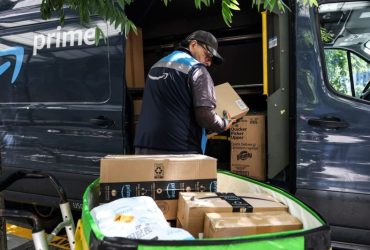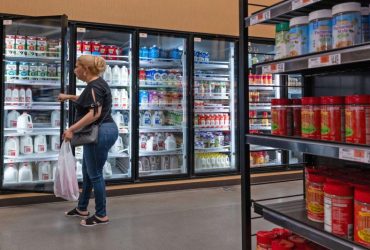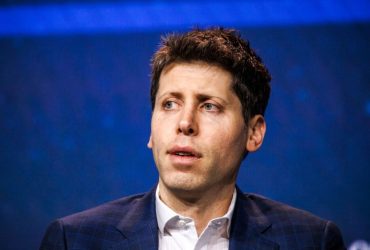Federal regulators stepped in Sunday to back all Silicon Valley Bank deposits, resolving a key uncertainty surrounding the second-largest bank failure in U.S. history hours before global stock markets resume trading.
The U.S. Treasury, the Federal Reserve and the Federal Deposit Insurance Corporation said that the government would back Silicon Valley Bank deposits beyond the federally insured ceiling of $250,000. The decision addressed concerns around the fate of uninsured funds held at the Santa Clara, California-based bank — the nation’s 16th largest — which had $209 billion in assets and more than $175 billion in deposits.
“Depositors will have access to all of their money starting Monday, March 13,” the agencies said in a joint statement Sunday evening. “No losses associated with the resolution of Silicon Valley Bank will be borne by the taxpayer.”
Senior management of SVB would be removed, the statement said.
The announcement marks an extraordinary step by federal regulators to calm financial markets before Monday trading resumed in Asia and Europe followed by North America. Dow futures jumped more than 150 points on Sunday night following news of the backstop plan.
Some Silicon Valley Bank customers breathed a sigh of relief after the announcement.
Vanessa Pham said she was preparing for the possibility that Omsom, the Asian food products business she cofounded, might run out of money within anywhere from two weeks to three months.
“I will be patiently, eagerly waiting the actual deposit in our bank and our access with it,” Pham said.
A source inside Silicon Valley Bank who worked as a managing director in a regional office before Friday’s shutdown said he was happy for his clients. He welcomed what he called a “favorable resolution,” adding that he feared tens of thousands of jobs could have been lost if uninsured deposits weren’t covered.
A second SVB employee said Sunday, “The feeling that clients were going to lose money, and that they were facing all this disruption on our behalf, I think crushed people. So now they’re at least going to be made whole for their deposits, which is a huge sense of relief.”
The employee added that while depositors have been guaranteed, the bank’s employees — which SVB has said number more than 8,500 — face doubts about their jobs: “There’s still a lot of uncertainty. Management was just fired as a part of that, and we still might get bought.”
Federal regulators also said Sunday that they took control of a second bank, New York’s Signature Bank, which is roughly half the size of SVB and had become a hub for cryptocurrency financing. They said a similar guarantee for Signature Bank depositors would be instituted in the process of shutting it down.
A senior Treasury official told reporters Sunday that regulators are watching other banks that may have similar issues. As part of coordinated interagency efforts to backstop any further bank failures, the Fed has set up an emergency lending program to give banks expanded and quick access to funds “in times of stress.”
A federal guarantee for SVB depositors was the hoped-for solution among tech-industry players and pundits calling for a rescue of the bank’s corporate and startup clients, many of which had all but frozen their operations in anticipation of what would come next for a bank that held much of their assets.
The intervention forced Washington officials to invoke a “systemic risk exception,” an extraordinary measure allowing financial regulators to step in without congressional action. The move required joint approval from the Federal Reserve, the FDIC and the Treasury in consultation with President Biden.







